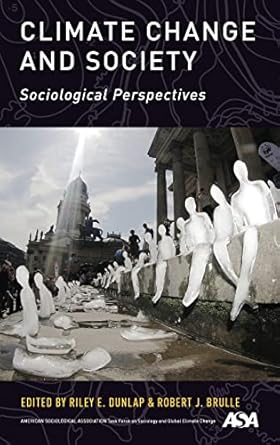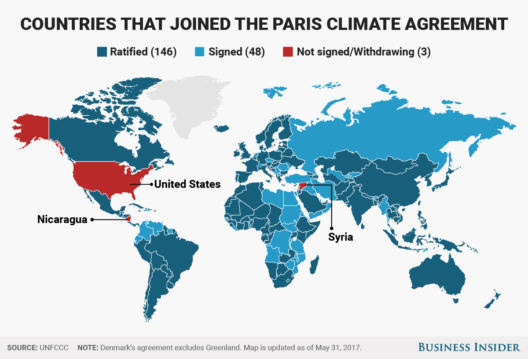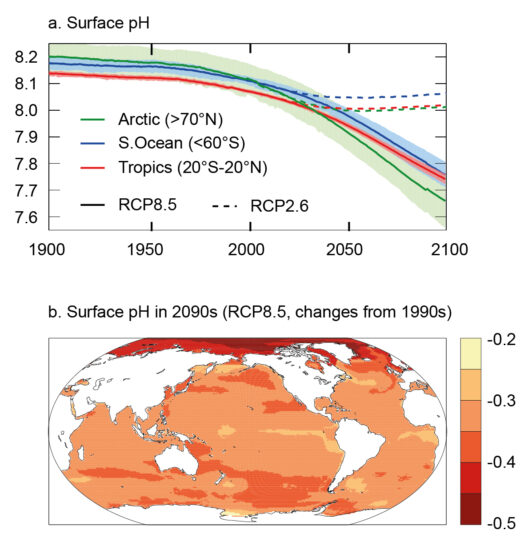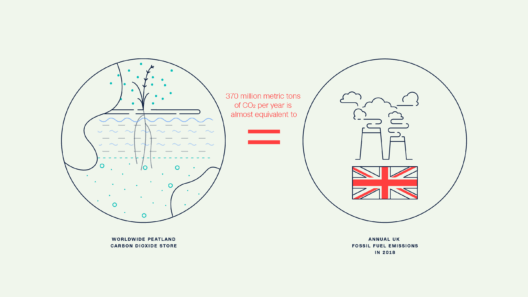Climate change is akin to an unwelcome specter that has taken residence within the very fabric of society. Its omnipresence challenges our collective existence, forcing individuals and communities to wrestle with a reality that demands urgent and transformative adaptations. As the effects of climate change proliferate—manifesting as extreme weather phenomena, rising sea levels, and dwindling natural resources—it beckons us to examine the intricate interplay between societal structures, human behavior, and the environment.
From a sociological perspective, adaptation to climate change is not merely a matter of personal responsibility; it is entwined with the complexities of social systems, cultural norms, and economic frameworks. Societies are akin to sprawling ecosystems, where change in one domain precipitates ramifications across others. Therefore, comprehending how societies can adapt requires a multifaceted analysis that transcends individual actions and delves into collective responses.
The concept of *social capital* plays a pivotal role in understanding societal adaptation to climate change. In essence, social capital refers to the networks, relationships, and trust that bind communities together. High levels of social capital can facilitate cooperation and collective action, enhancing resilience in the face of climatic challenges. For instance, communities with strong social ties often respond more cohesively during environmental crises. They rally together, pooling resources and knowledge, which fortifies their ability to withstand and adapt to adverse conditions.
Metaphorically, society can be likened to a ship navigating turbulent seas. A well-equipped vessel, with a capable crew working in unison, is more likely to weather storms and reach its destination. Conversely, a poorly coordinated crew may flounder as waves of climate change crash against the hull. The essential question then becomes: how can we cultivate a society that builds robust social capital, ensuring it is well-prepared for the tumultuous waters ahead?
As we probe further into sociological perspectives, one must consider the role of *cultural narratives* in shaping public perception and response to climate change. Cultures that celebrate sustainability, environmental stewardship, and intergenerational equity often produce policies and practices that align with adaptive measures. These narratives inform not only individual behaviors but also institutional policies, creating a culture of resilience.
Take, for instance, indigenous communities around the globe. Rooted in an ancestral understanding of their environments, they often possess robust ecological knowledge passed down through generations. This wisdom is a form of cultural capital that equips them with adaptive strategies tailored to their unique circumstances. Hence, recognizing and integrating indigenous knowledge systems into mainstream climate discourse can enrich societal resilience and adaptation practices.
Moreover, economic frameworks inexorably influence the path of societal adaptation. The transition from fossil-fuel-dependent economies to sustainable alternatives necessitates profound societal shifts. Consider the metaphor of a caterpillar transforming into a butterfly: while the process is arduous and fraught with challenges, the resulting metamorphosis reveals new possibilities. In this transition, industries must reinvent themselves, and workers must acquire new skills, as the demand for green technologies and clean energy proliferates. Policy interventions—such as green jobs initiatives and retraining programs—are essential in facilitating this transformation.
Nevertheless, the intersectionality of climate change complicates adaptive strategies. Vulnerable populations—often marginalized due to socio-economic status, race, or geography—may bear a disproportionate burden of its impacts. Addressing these inequities is paramount for a society seeking holistic adaptation. Justice becomes a critical criterion; policies must be designed not only with environmental integrity in mind but also through an equity lens that ensures vulnerable communities are empowered to participate in decision-making processes.
In weaving together these diverse strands, one cannot overlook the power of *collective mobilization*. Social movements advocating for environmental justice and sustainability epitomize the capacity for societal adaptation. Through grassroots efforts, individuals transform their shared grievances into collective action, demonstrating the remarkable potential for societal change. This phenomenon is akin to a tapestry, where each thread—representing different voices and experiences—intertwines to form a cohesive and resilient narrative against the backdrop of climate change.
Moreover, the role of policy-making is crucial in steering societies toward adaptive futures. Effective governance structures that prioritize climate resilience and address socio-economic disparities can catalyze transformative change. Policymakers must engage in integrative strategies that amalgamate scientific findings with local knowledge, creating frameworks that enable communities to adapt while fostering innovation in sustainable practices.
As society grapples with the inexorable challenges posed by climate change, the potential for adaptation is intertwined with a paradigm shift in values and priorities. It necessitates an evolutionary journey from a focus on individualism to a commitment to collective well-being. Embracing interdependencies—whether through community-based initiatives, cultural revitalization, or economic reform—will be paramount in crafting a resilient societal framework capable of enduring the trials of a changing climate.
Ultimately, the journey of adaptation is ongoing, akin to the rhythms of nature itself. As societies continue to confront and navigate the tempestuous waters of climate change, they must cultivate resilience not just as a reactive measure, but as a proactive ethos. By fostering social capital, honoring diverse cultural perspectives, and advocating for equity, society can emerge from the crucible of climate change with renewed strength and purpose.







